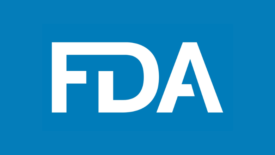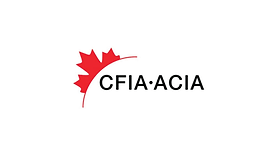Supply Chain
Applying Foresight to Navigate Opportunities and Challenges amid an Evolving Food Safety Landscape
As agri-food systems transform in response to the changing global context, food safety management must keep pace to safeguard consumer health and ensure international trade
December 11, 2022
The Future of Food Safety Microbiology Markets
The markets surrounding microbiology testing have been changing rapidly in recent years—a change that will continue over the long term
December 9, 2022
Never miss the latest news and trends driving the food safety industry
eNewsletter | Website | eMagazine
JOIN TODAY!Copyright ©2025. All Rights Reserved BNP Media.
Design, CMS, Hosting & Web Development :: ePublishing










